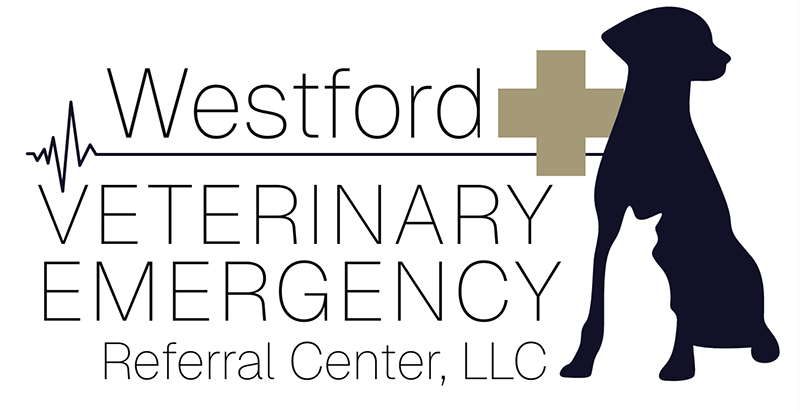Veterinary Services
Internal Medicine
Our internal medicine services at Westford Veterinary Emergency Referral Center diagnose and treat complex health issues with advanced care.
Internal Medicine in Westford, MA
At Westford Veterinary Emergency Referral Center, we specialize in diagnosing and treating conditions that affect your pet’s internal organs and body systems. Our board-certified internal medicine specialists are equipped with advanced diagnostic tools to address a variety of complex health concerns, including kidney disease, gastrointestinal disorders, and hormonal imbalances.
What to Expect During Your Visit
When you bring your pet in for an internal medicine consultation, our veterinary team will take the time to review their medical history, discuss any symptoms or previous test results, and perform a detailed physical examination. Depending on your pet’s condition, additional diagnostic procedures such as blood work, imaging, or specialized testing may be recommended.
This comprehensive approach allows us to create a treatment plan tailored to your pet’s specific needs. Whether managing chronic conditions or addressing acute issues, our goal is to ensure your pet receives the best possible care.

Advanced Diagnostic Tools Used at Westford Veterinary Emergency Referral Center
At Westford Veterinary Emergency Referral Center, our internal medicine specialists use advanced diagnostic tools to assess and treat conditions affecting your pet’s internal organs. These technologies help us make precise diagnoses and develop effective treatment plans, ensuring the best care for your pet.
- Ultrasound: Uses sound waves to provide a real-time image of internal organs, helping detect abnormalities, masses, or tumors. Often used for biopsies or to guide treatment plans with minimal discomfort.
- Echocardiogram (Heart Ultrasound): Assesses heart size and function. Recommended for heart murmurs, coughing, collapsing episodes, or cardiac abnormalities. Results are shared with your primary veterinarian.
- Endoscopy: A minimally invasive procedure to examine or treat internal organs, diagnose GI issues, or remove foreign objects. Offers faster recovery and less discomfort than surgery.
- CT Scans: High-resolution imaging for small masses, trauma assessment, and detailed internal views. Performed using advanced technology to minimize anesthesia needs.
- MRI: Non-invasive imaging for soft tissues like the brain and spinal cord. Diagnoses strokes, tumors, or inflammation while ensuring anesthetic safety.
- Digital Radiographs (X-rays): Quickly captures detailed images of bones, heart, lungs, and organs. Offers faster diagnoses and can be reviewed by a radiologist within 30 minutes.
- Fluoroscopy: Real-time X-ray imaging for diagnosing conditions like tracheal collapse or swallowing disorders without invasive surgery.

